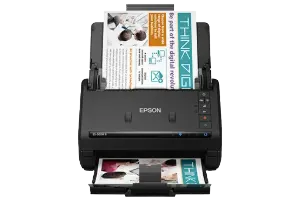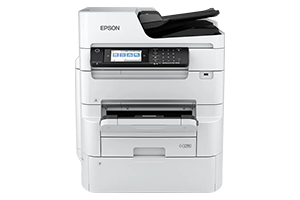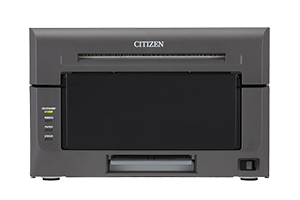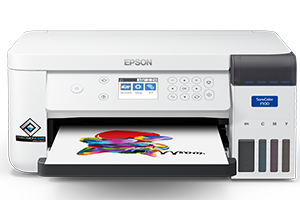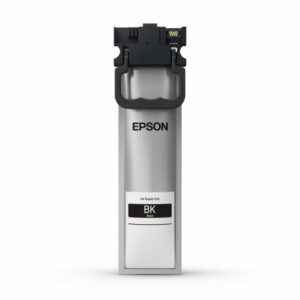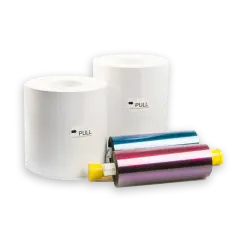Essential ERP Features and Modules You Need to Know Leave a comment
In today’s fast-paced, digital-first business environment, agility and precision are no longer optional; they’re essential. Companies across the globe, including in dynamic markets like Dubai, are turning to ERP systems to centralize data, automate processes, and empower smarter decision-making. But what exactly makes an ERP solution powerful and future-ready?
Enterprise Resource Planning (ERP) integrates core business functions finance, HR, supply chain, and more into a unified platform. It enables companies to eliminate silos, reduce redundancies, and stay ahead of evolving market demands.
Here, we’ll explore the Essential ERP features and modules that every business should look for when evaluating or implementing an ERP system. Whether you’re a startup planning for scale or an established business undergoing digital transformation, understanding these key components will guide you toward smarter investments and more efficient operations.
Key ERP Modules
A powerful ERP system is built on robust modules that address specific business functions. While each module serves a unique role, together they create a seamless operational ecosystem. Let’s explore the three most essential ERP modules every business should understand:
1. Financial Management Module
The financial management module forms the backbone of most ERP systems. It helps businesses manage their entire financial ecosystem—everything from daily transactions to high-level strategic planning. With real-time visibility into cash flow, expenses, accounts receivable and payable, and compliance reporting, this module ensures financial integrity and transparency. It also simplifies tasks such as tax management and budgeting, making it easier for finance teams to stay accurate and audit-ready.
- Core benefit: Enhances financial accuracy and supports regulatory compliance with real-time tracking and automation.
2. Supply Chain Management Module
This module plays a pivotal role in optimizing the flow of goods, services, and information across the supply chain. It enables real-time inventory tracking, streamlines procurement processes, and supports efficient warehouse operations. For businesses that rely on timely deliveries or have complex sourcing requirements, this module ensures better planning, supplier coordination, and demand forecasting. The result is reduced overhead costs, minimized stock issues, and improved order fulfillment.
- Core benefit: Increases supply chain visibility and efficiency, helping businesses avoid stockouts and reduce logistics costs.
3. Human Resource Management Module
Managing human capital effectively is crucial for long-term success, and the HRM module makes this possible by digitizing and automating all aspects of workforce management. It handles everything from employee records and payroll to recruitment, performance reviews, and training. This centralized approach not only ensures compliance with labor laws but also enhances employee engagement and retention through streamlined processes.
- Core benefit: Automates employee lifecycle management while improving transparency and workforce productivity.
4. Customer Relationship Management (CRM) Module
The CRM module is critical for managing customer interactions, sales pipelines, and after-sales support. It allows businesses to track leads, manage contacts, monitor customer behavior, and personalize communications. Integrated CRM within ERP ensures that customer data is accessible across departments, enabling better service and targeted marketing efforts.
- Core benefit: Strengthens customer relationships and boosts sales through centralized, data-driven customer insights.
5. Project Management Module
This module supports planning, executing, and monitoring projects across departments. It enables businesses to allocate resources, define milestones, track timelines, and monitor budgets in real-time. With built-in task assignments and progress dashboards, project managers can ensure timely delivery and alignment with business goals.
- Core benefit: Improves project delivery and accountability through real-time tracking and resource planning.
6. Inventory Management Module
The inventory management module helps monitor stock levels, manage reordering, and optimize warehouse operations. It tracks item locations, stock movements, and inventory valuation, while minimizing overstock and stockout risks. Integration with supply chain and sales modules ensures inventory is always aligned with demand.
- Core benefit: Enhances stock control and reduces carrying costs through automated inventory monitoring and forecasting.
Essential ERP Features
Modern ERP platforms go far beyond basic data management. Let’s explore three must-have features that form the backbone of a successful ERP implementation.
1. Real-time Data Analytics
Informed decision-making begins with real-time access to accurate data. Traditional systems often rely on delayed reporting, leading to decisions based on outdated information. An ERP with real-time analytics enables:
- Instant access to KPIs and operational metrics
- Custom dashboards for departments and executives
- Immediate alerts on financial or operational discrepancies
Real-time insights allow businesses to act quickly, mitigate risks, and identify growth opportunities, all while keeping stakeholders aligned.
2. Automation and Workflow Management
One of the core promises of ERP is automation. Manual tasks such as invoicing, payroll processing, or order tracking are time-consuming and prone to errors. With workflow automation, businesses can:
- Eliminate repetitive data entry
- Reduce operational delays
- Improve accuracy and compliance
Automated workflows ensure that tasks move seamlessly across departments, maintaining accountability while reducing bottlenecks.
3. Integration and Scalability
Your ERP shouldn’t operate in isolation. Integration with existing tools like CRMs, ecommerce platforms, and payroll software ensures data consistency and process continuity. Furthermore, scalability allows your ERP to grow with your business, whether you’re expanding across regions or adding new product lines.
A scalable, integrated ERP ensures long-term adaptability, making it an investment that evolves with your organization.
Benefits of Essential ERP Features and Modules
Investing in an ERP with these essential features and modules unlocks transformative benefits across every layer of your business.
Improved Efficiency and Productivity
By automating routine tasks and centralizing operations, ERP allows teams to focus on strategic activities. Workflow automation eliminates bottlenecks and increases task ownership.
Enhanced Decision-Making
With real-time analytics and integrated data, leaders can make faster, data-driven decisions that drive growth and innovation.
Better Customer Service and Relationships
Modules like CRM (Customer Relationship Management), when integrated with ERP, offer complete visibility into customer histories, preferences, and interactions, leading to faster response times and improved service quality.
Cost Savings and Risk Reduction
Streamlined operations mean fewer errors, reduced overhead, and better forecasting—all of which contribute to long-term savings and reduced business risks.
Frequently Asked Questions (FAQs)
1. What is an ERP system?
An ERP system is a software platform that integrates various business processes like finance, HR, supply chain, and operations into a single centralized system to improve efficiency and accuracy.
2. How do I choose the right ERP modules for my business?
Start by analyzing your core operational needs and growth plans. Focus on modules that address immediate challenges (e.g., finance, inventory) and choose a scalable solution that can adapt as your business evolves.
3. Is ERP suitable for small businesses?
Absolutely. Many ERP providers offer cloud-based and modular solutions designed for startups and SMEs, making it cost-effective and easy to implement.
4. How long does ERP implementation take?
Implementation timelines vary based on business size, complexity, and customization. On average, it can take between 3 to 6 months for a full deployment.
5. Can ERP integrate with existing software?
Yes. Most modern ERP systems offer API-based integrations with popular tools such as CRMs, ecommerce platforms, payroll software, and more.
Conclusion
Understanding the essential ERP features and modules is key to selecting a solution that aligns with your business objectives. From real-time analytics and workflow automation to robust financial, supply chain, and HR capabilities, a modern ERP platform delivers powerful tools to drive performance, agility, and innovation.
Whether you’re upgrading from legacy systems or implementing ERP for the first time, investing in the right solution can redefine your operational efficiency and set your business on a path to scalable growth.
For tailored ERP solutions and expert consultation, connect with Kepler Tech LLC, One of the best business solutions providers in Dubai. Take the next step and explore how the right ERP system can transform your business.



